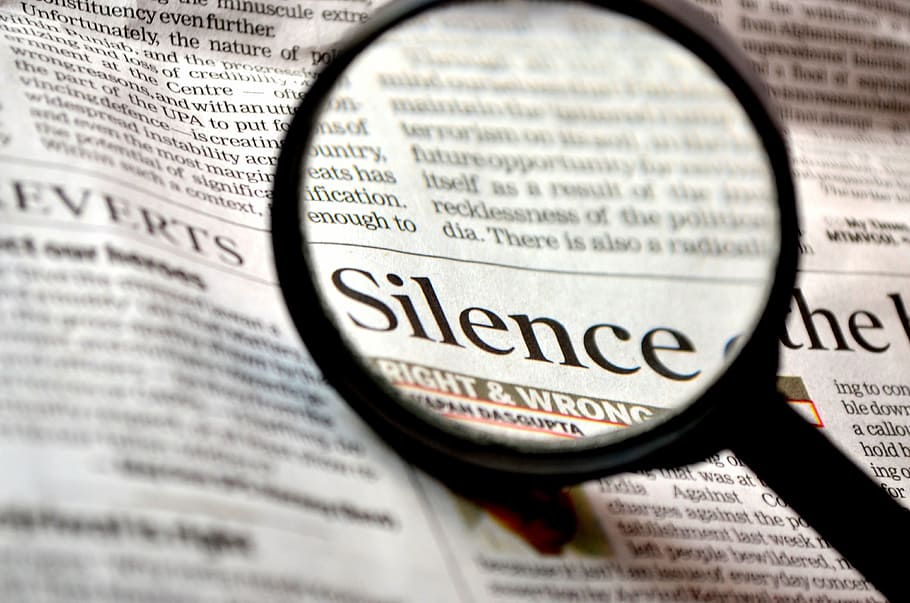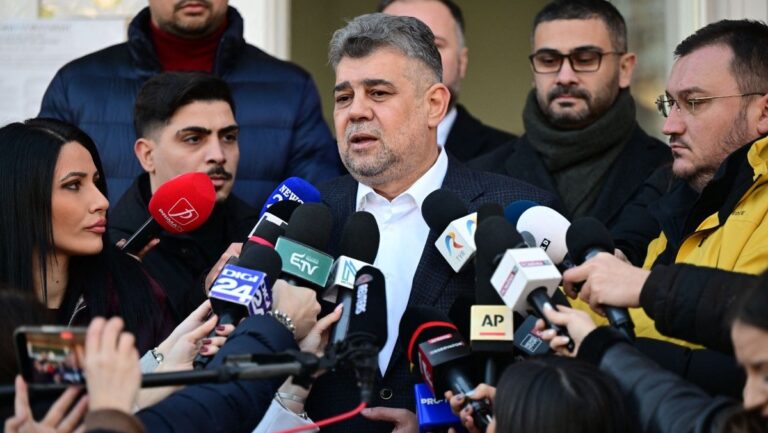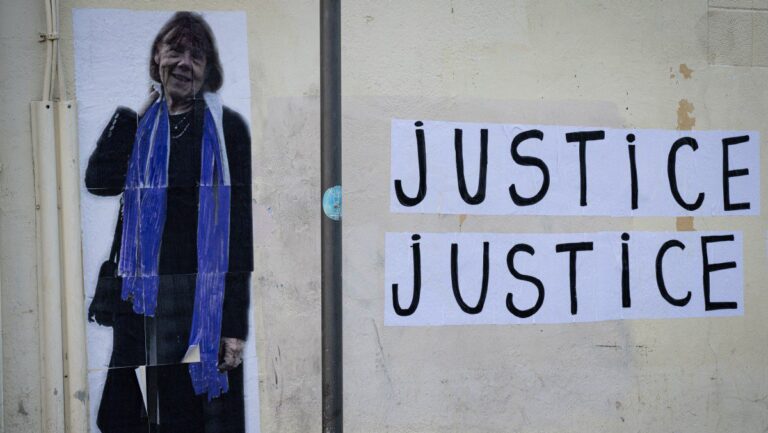The European Parliament is in turmoil as revelations of corruption of MEPs, by Qatar and Morocco, continue to emerge. The companion of Eva Kaili, the Greek socialist MEP and vice president of the parliament who is the main defendant, has agreed to provide more details of the misappropriations he witnessed. The question is now what the political response will be to the scale of the scandal.
The first details of what has become known as Qatargate—the arrest of five parliamentarians and the start of a full-scale corruption investigation—appeared in the press on December 9th. On Monday, December 12th, a press conference was organised by the European institutions to officially communicate the facts. The president of the European Commission, Ursula von der Leyen, carefully avoided the tough questions, to the great displeasure of the many journalists present at the meeting.
🎥 Video du refus de la Présidente de la Commission européenne de répondre aux journalistes sur l’implication présumée du commissaire Margaritis Schinas sur ses relations avec le #Qatar #qatargate #kaili pic.twitter.com/GIvAEZIifT
— Virginie Joron (@v_joron) December 16, 2022
In 2020, a special committee on foreign interference in all democratic processes in the European Union was set up, headed by the French socialist MP Raphaël Glucksmann. This committee has mainly focused its investigations on the role played by Russia and China; the Gulf monarchies hardly appear in its work. As a result, French Identity and Democracy (ID) MEP André Rougé called for Glucksmann’s resignation on Thursday, December 15th, in a plenary session, arguing that the commission he headed was unable to detect Qatari actions, and pointed out that he belongs to the same parliamentary group as Eva Kaili.
Also on Thursday, December 15th, MEPs from the right-wing ID group put to a vote a proposal for the immediate establishment of a committee of inquiry to investigate Qatargate. Supported by MEPs from the ID and ECR (European Conservative and Reformists) groups, the proposal was rejected by the majority of the Left and Centre groups, namely, the Socialists and Democrats, The Left, the European People’s Party, the Greens, and Renew Europe. Condemning this rejection, the president of the Rassemblement National and MEP Jordan Bardella strongly criticised the attitude of the majority groups acting not in the name of the common good but by virtue of ideological sectarianism: “the religion of human rights stops where the suitcases of cash start,” he said.
La religion des droits de l’homme s’arrête donc là où commencent les valises de billets.
— Jordan Bardella (@J_Bardella) December 13, 2022
Alors que l’UE s’est érigée en donneuse de leçons et en modèle de vertu, la voici présumée corrompue à son plus haut niveau par l’argent d’un État islamiste.#QatarGate pic.twitter.com/YAzbFvKKyC
The reply from the majority parties was not long in coming. They, in turn, proposed the setting up of a commission of inquiry, but in ostensibly dilatory terms. The text finally voted on calls for a commission of inquiry, but only once the legal proceedings have been completed, i.e., in effect, during the next term.
The parliamentarians thus clearly do not consider that there is any urgency to the matter. The draft received almost unanimous support from the MEPs present—a unanimity that Polish ECR MEP Jacek Saryusz-Wolski did not hesitate to describe as “a smokescreen hiding the tip of the iceberg.”
Wyniki głosowania „katarskiej” rezolucji PE,
— Jacek Saryusz-Wolski (@JSaryuszWolski) December 15, 2022
prawie jednomyślność, prawie się nie zdarza
Albo chwalebne wzmożenie moralne, albo zasłona dymna, skrywająca podwodną część góry lodowej,
bo moją poprawkę o korupcji politycznej płynącej
z innych kierunków, jak Rosja, odrzucono
⬇️ pic.twitter.com/MbnsVlJJoU
The French delegation of the ID group chose to boycott this new vote in protest, as the final resolution was drafted without their involvement.





